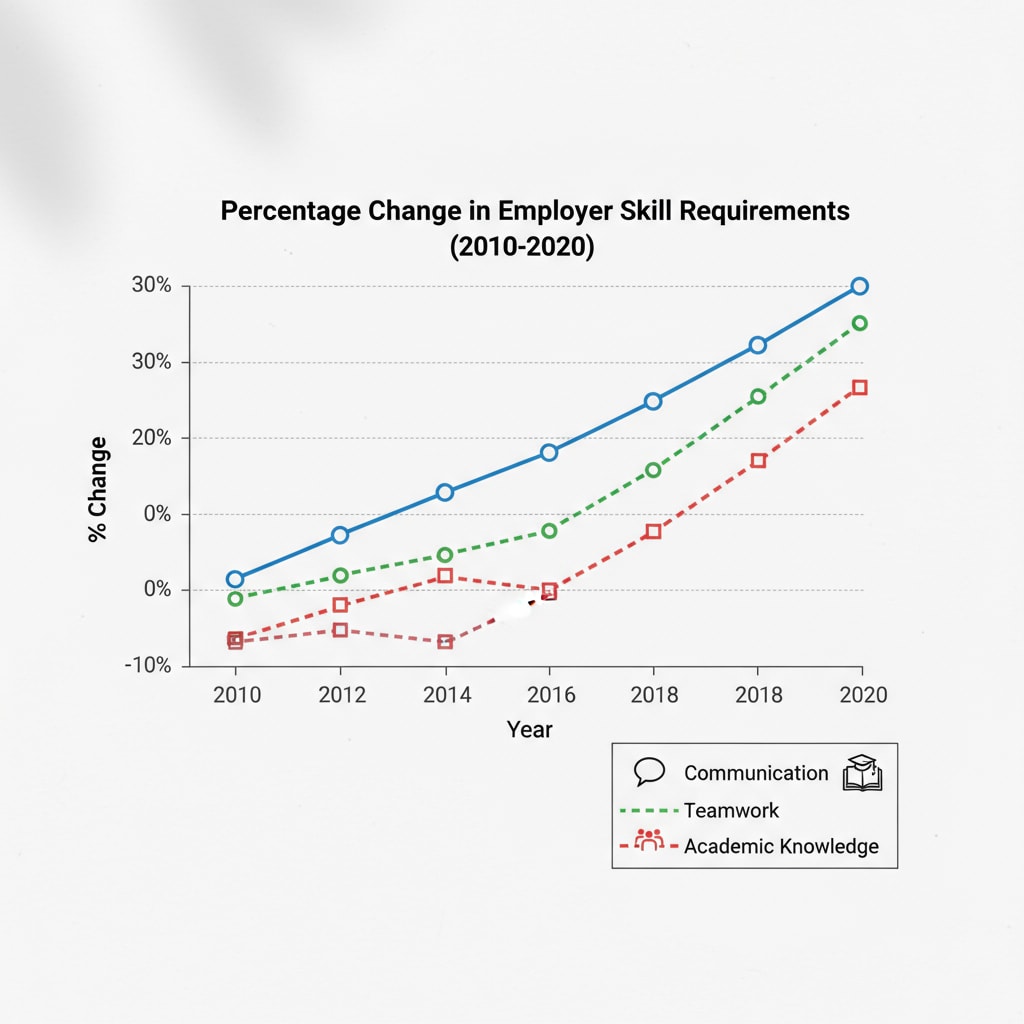Grades, employment, and students have always been topics of great concern. For a long time, people have held the belief that high academic grades are a guarantee of success in the workplace. However, the reality is more complex.

In today’s job market, an increasing number of students with average grades are achieving remarkable success, challenging the traditional view.
The Myth of “High Grades Equal High Employability”
For years, the educational system has emphasized academic performance as the key to future success. Many assume that students with top grades will easily secure high – paying jobs and climb the career ladder quickly. But is this really the case? According to Britannica’s Education section, the job market has evolved significantly. Employers now look for a diverse set of skills, not just academic prowess.

Skills Beyond Grades
In addition to academic achievements, skills like communication, teamwork, and problem – solving are highly valued in the workplace. Students with average grades may often have developed these skills outside of the classroom. For example, through participating in extracurricular activities, they learn how to work in a team and communicate effectively. These soft skills can be crucial in dealing with real – world work situations, as noted by Wikipedia’s Soft Skills page.
Moreover, adaptability and a growth mindset are also important. In a rapidly changing work environment, those who can quickly learn new things and adapt to changes have an edge. Average students may be more used to facing challenges and setbacks, which helps them develop these qualities.
Readability guidance: We’ve explored how the traditional view of high grades equaling high employability is being challenged. In the next section, we’ll look at how the changing job market is further influencing this trend.
The Impact of the Changing Job Market
The job market is constantly evolving. New industries and job roles are emerging, and the requirements for these positions are different from the past. Many of these new jobs focus on innovation, creativity, and the ability to learn new technologies. Average students may be more open to exploring these new areas, not being overly confined by the pressure to maintain high grades.
For instance, in the technology sector, startups often value individuals who are eager to learn and experiment, rather than those with a perfect academic record. This shift in the job market landscape provides more opportunities for students with average grades to shine.
Readability guidance: As we can see, the changing job market plays a significant role in leveling the playing field for students of all academic performance levels. Next, we’ll conclude our discussion on this interesting topic.
In conclusion, while academic grades are still important, they are no longer the sole determinant of workplace success. The relationship between grades, employment, and students is multifaceted. Students with average grades can leverage their unique skills, experiences, and attitudes to achieve great things in their careers. The key is for both students and educators to recognize the broader range of qualities that are valuable in the modern workplace.


